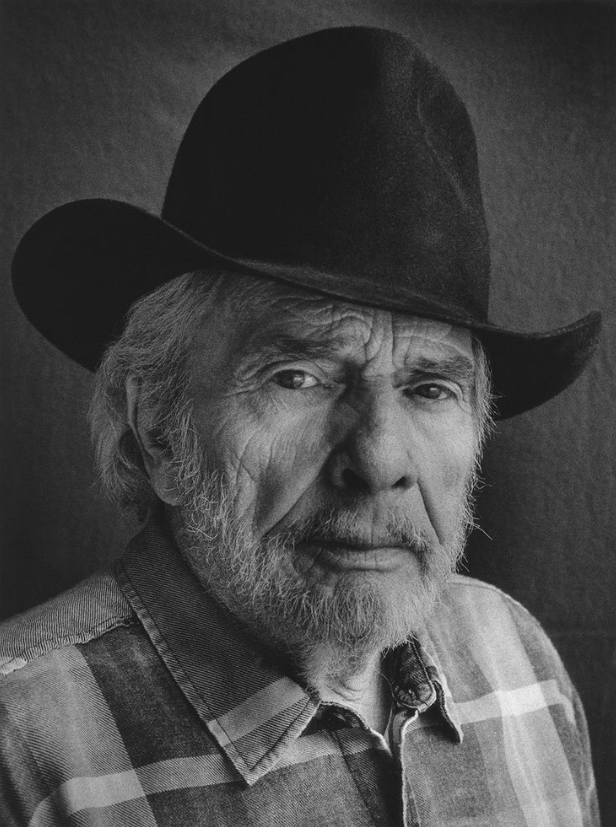
Merle Haggard, a country music icon known for his Bakersfield twang and poignant lyrics, released the song “Nobody’s Darlin’ But Mine” in 1982. This track became a cornerstone of his album Going Where the Lonely Go, a collection that explored themes of isolation and longing. “Nobody’s Darlin’ But Mine” stands out with its unique blend of possessiveness and tenderness, offering a glimpse into the complexities of love and desire.
Credited solely to songwriter John D. Davis, the song’s origins remain somewhat shrouded. However, the sentiment aligns perfectly with Haggard’s established themes of working-class struggles and the search for connection. Production duties were handled by Lewis Talley, another Haggard collaborator, who helped sculpt the song’s intimate atmosphere with a focus on Haggard’s vocals and the delicate interplay between acoustic guitar and steel guitar.
“Nobody’s Darlin’ But Mine” wasn’t a chart-topping hit, but it resonated deeply with Haggard’s fanbase. The song’s strength lies in its portrayal of a love that is both passionate and possessive. The lyrics paint a picture of a man pleading with his lover for devotion and exclusivity. Haggard’s signature baritone delivers the plea with a mix of desperation and tenderness. He compares his love interest to the sweetness of springtime flowers and the purity of morning dew, highlighting her value in his eyes.
However, the song takes a turn towards possessiveness. Haggard begs his lover to “be nobody’s darlin’ but mine,” hinting at a desire for complete control over her affections. This possessiveness is counterbalanced by the vulnerability Haggard reveals, confessing his fear of being “a poor boy that nobody knows.” This vulnerability exposes a deeper yearning for connection and acceptance.
“Nobody’s Darlin’ But Mine” is a complex and captivating song. It sparks debate about the nature of love, the lines between passion and possessiveness, and the vulnerabilities we expose when seeking connection. As we delve into this song, we’ll explore the emotional tapestry woven by Haggard’s performance and the intriguing interplay of desire and vulnerability within the lyrics.